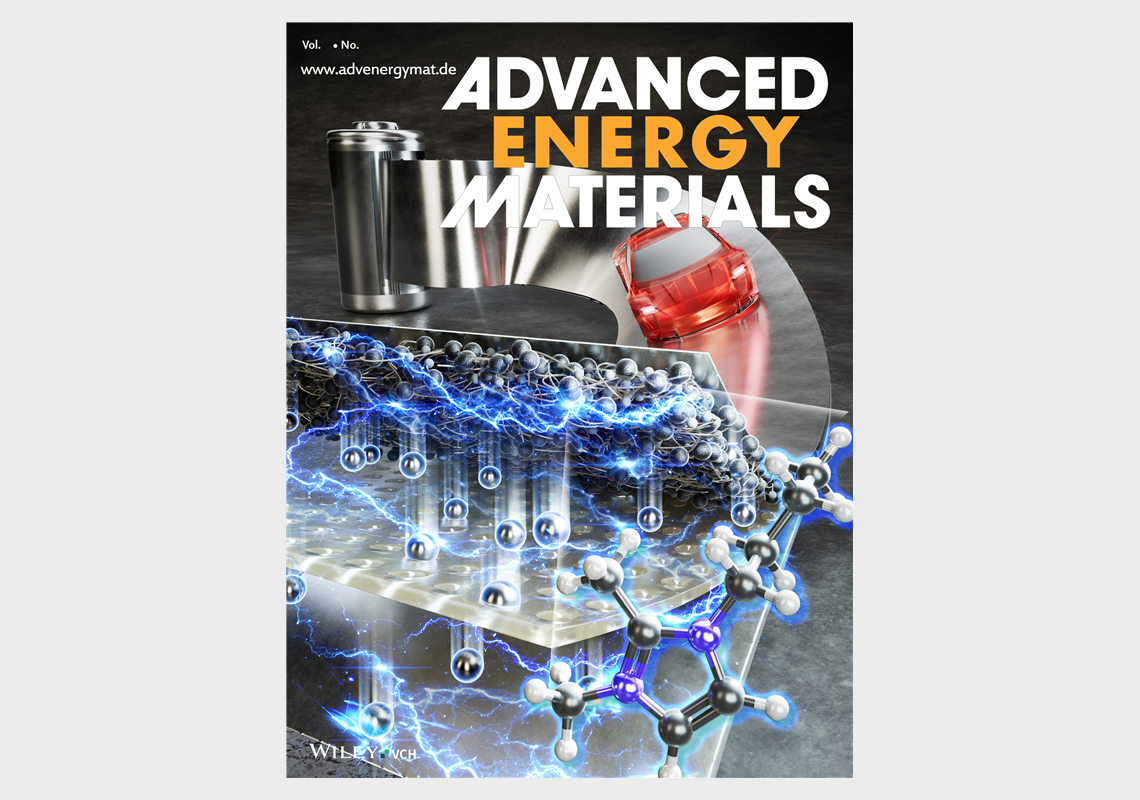□ A research team led by Dr. Jae-hyun Kim at the Division of Energy Technology, Daegu Gyeongbuk Institute of Science and Technology (DGIST; President Young Kuk), announced on November 22 (Wed.) that they had successfully developed a new lithium metal battery based on solid-state electrolytes through joint research with Professor Sang-eun Chun’s research team at Kyungpook National University. The stability of the battery has been improved, and it is expected to be used across a variety of fields, as the overall battery volume is reduced and no separator is required.
□ Traditional liquid electrolytes, which are commonly used in batteries, are a fire and explosion hazard if the separator is damaged due to external impact or deformation. Notably, explosion or fire may result when the phenomenon of dendrite, in which lithium grows in the shape of tree branches, occurs during continuous charging and discharging. Replacing these liquid electrolytes with solid-state electrolytes can prevent the risk of fire and explosion. Solid-state electrolytes also have the advantage of eliminating the need for a separator and reducing the overall volume of a battery.
□ Against this backdrop, a research team led by Dr. Jae-hyun Kim at the Division of Energy Technology added a solid plasticizer to polymer solid-state electrolytes to overcome the shortcomings of traditional polymer solid-state electrolytes and produced a safe all-solid-state lithium metal battery. The stability of the battery has been improved, as it inhibits the formation of lithium dendrite at the lithium metal cathode interface.
□ Traditional ionic liquids, which are commonly used, have the shortcoming that they cannot prevent short circuits caused by lithium dendrite. However, a solid plasticizer can overcome this shortcoming. Dr. Kim’s research team used BMI-Br (1-butyl-2,3-dimethylimidazolium bromide) as a solid plasticizer to improve the ionic conductivity and electrochemical safety of polymer solid-state electrolytes.
□ The composite solid-state electrolytes developed by the research team overcome the disadvantages of traditional polymer solid-state electrolytes, while having high ionic conductivity and flame-retardant properties. These electrolytes have the advantage that they allow batteries to operate stably while maintaining high energy storage capacity. In particular, since solid-state electrolytes can be bent, they are expected to be useful in batteries for powering wearable devices without risking explosion or fire in the future.
□ Dr. Jae-hyun Kim at the Division of Energy Technology, DGIST, said, “With this research, we have greatly improved the performance of lithium metal batteries by developing solid-state electrolytes with increased stability and improved capacity retention. We will remain committed to developing stable and efficient batteries in the future.”
□ Meanwhile, this research was funded by the National Research Foundation of Korea Future Materials Discovery Project (Chair: Professor Jung-ho Lee at Hanyang University). The research results were published as a cover article in Advanced Energy Materials, a journal published by Wiley.
- corresponding author e-mail address : [email protected]



